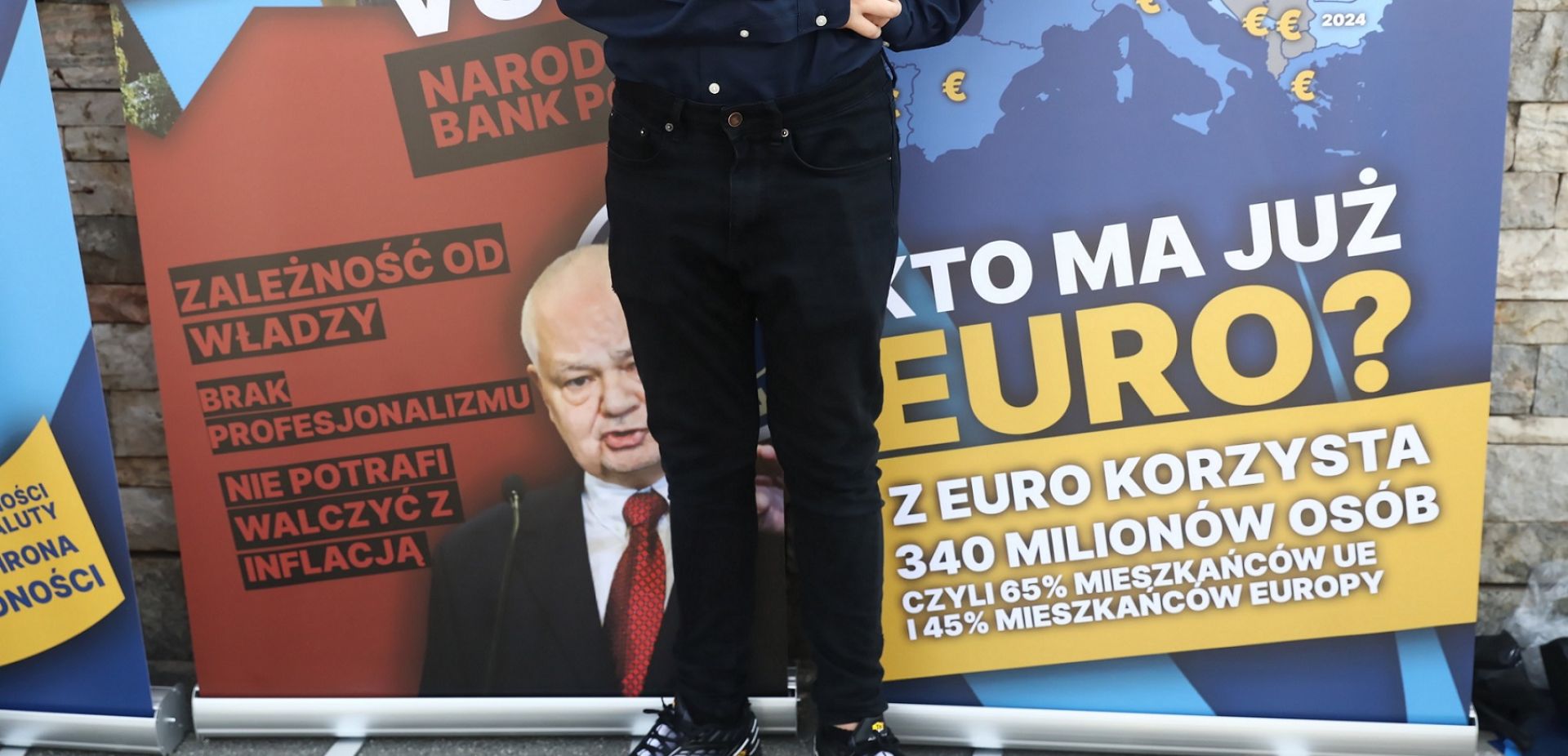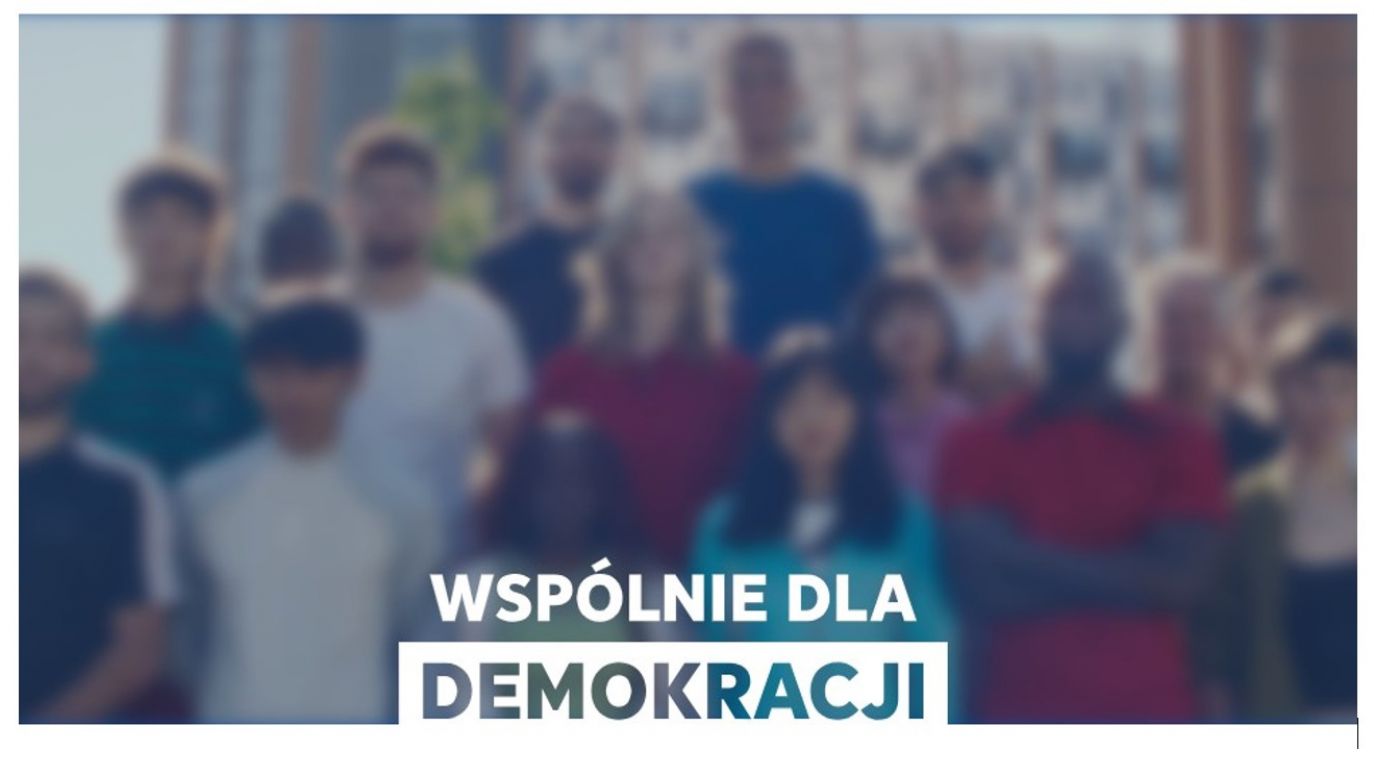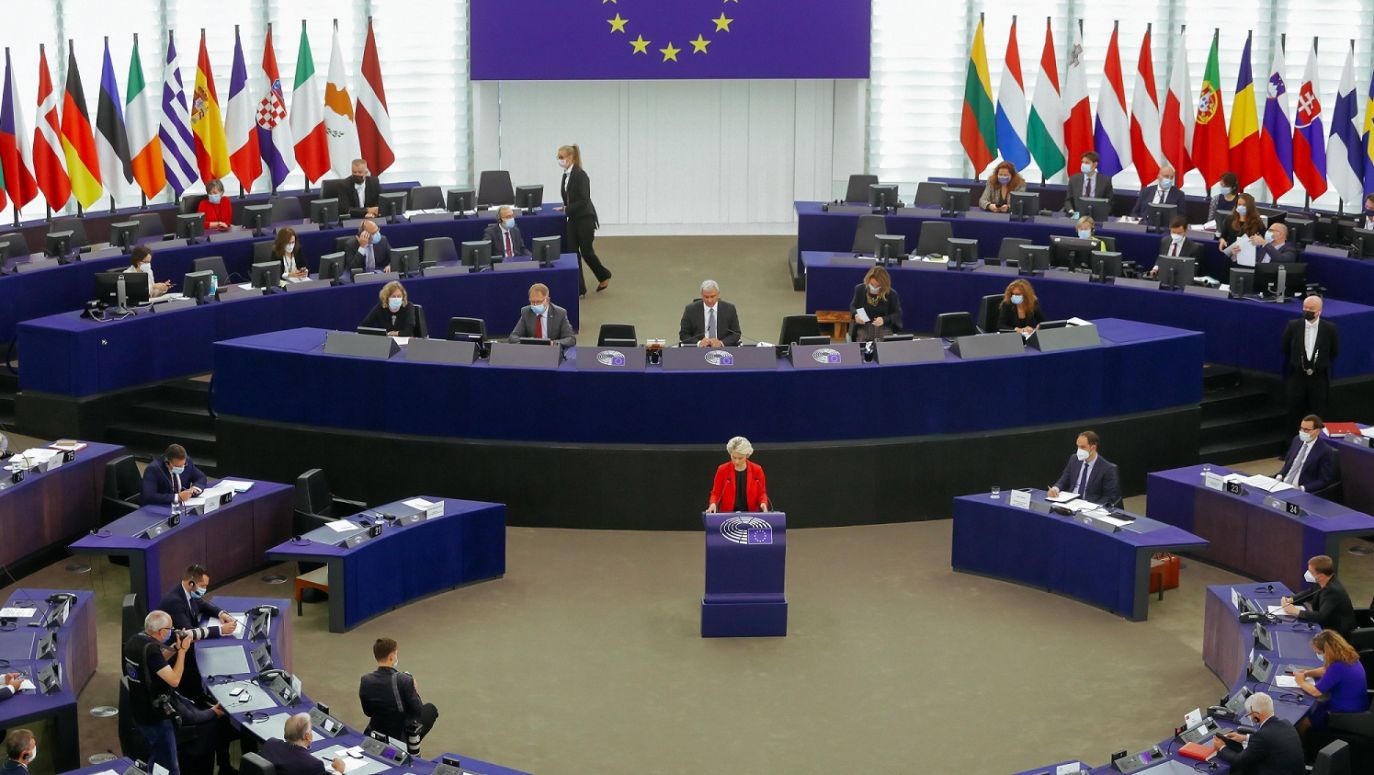On the main European Parliament’s website is a photo of a group of young people with the words "Together for Democracy" signed underneath. When you move the cursor over the picture, the details become blurred: the characters lose their individuality, facial features disappear, and it isn't easy to distinguish a man from a woman, to see the skin tone, beard, smile and type of facial expression. The blurring technique is common on many Internet platforms, and it was probably used thoughtlessly here as well because that's how it's usually done. The photograph does not present any specific group of people but models hired to create stock photos intended for companies that want to show their world-friendly faces and illustrate their activities. Everything complies with the principles of creating websites. It's nothing personal, just pure communication.
Mind you, above all things, the European parliamentarism is a communication project. Woe to anyone who wants to find a specific provision or check who voted for it. Anyone curious will get bogged down in a maze of links, signatures, quotations, and tons of information covering everything except for the things one is looking for. Eventually, this individual will find the file in demand. Still, one will have to wade through references to distant paragraphs, various "whereas" and "while", get used to the reluctance to use explicit terms, and finally - and after a very long time - the researcher may get to the point, or to what only seems to be the essence of the inquiry. Our curious individual will then learn an important lesson: either the person will seriously engage in training about how to navigate the ocean of words and numbers or will need to give up the independence. Only then will it be possible to receive the adequate, righteously optimistic, non-controversial image of the community that is willing to build the future, friendly to disabled people, minorities, immigrants, women... basically everybody, except the enemies of democracy. All without the necessity to sharpen the vision of anything that could distort the intended perception. Just an image confusingly similar to the one you could see on the main website, transformed by the touch of the cursor into a smooth and harmonious wholeness. The entire concept is democratic, of course.
 SIGN UP TO OUR PAGE
SIGN UP TO OUR PAGE
 Revolution! In the name of democracy and prosperity
Revolution! In the name of democracy and prosperity
For the majority of people, democracy is associated with something positive. The worst thing is to earn the reputation of the anti-democratic politician or the enemy of democracy. That is why parties that want to gain or maintain power use terms such as the "democratic camp", which includes them and not their opponents, who are generally anti-democratic and therefore not worth voting for. Thus, the changes in the European Union that have been loudly discussed for some time are heading towards democratisation, or - as the authors of official documents like to write - deepening and broadening democracy. The revolution that is currently taking place, if successful, will occur in the name of democracy. Prosperity will be the second, equally crucial pro-revolutionary factor.

 SIGN UP TO OUR PAGE
SIGN UP TO OUR PAGE
 Revolution! In the name of democracy and prosperity
Revolution! In the name of democracy and prosperity






